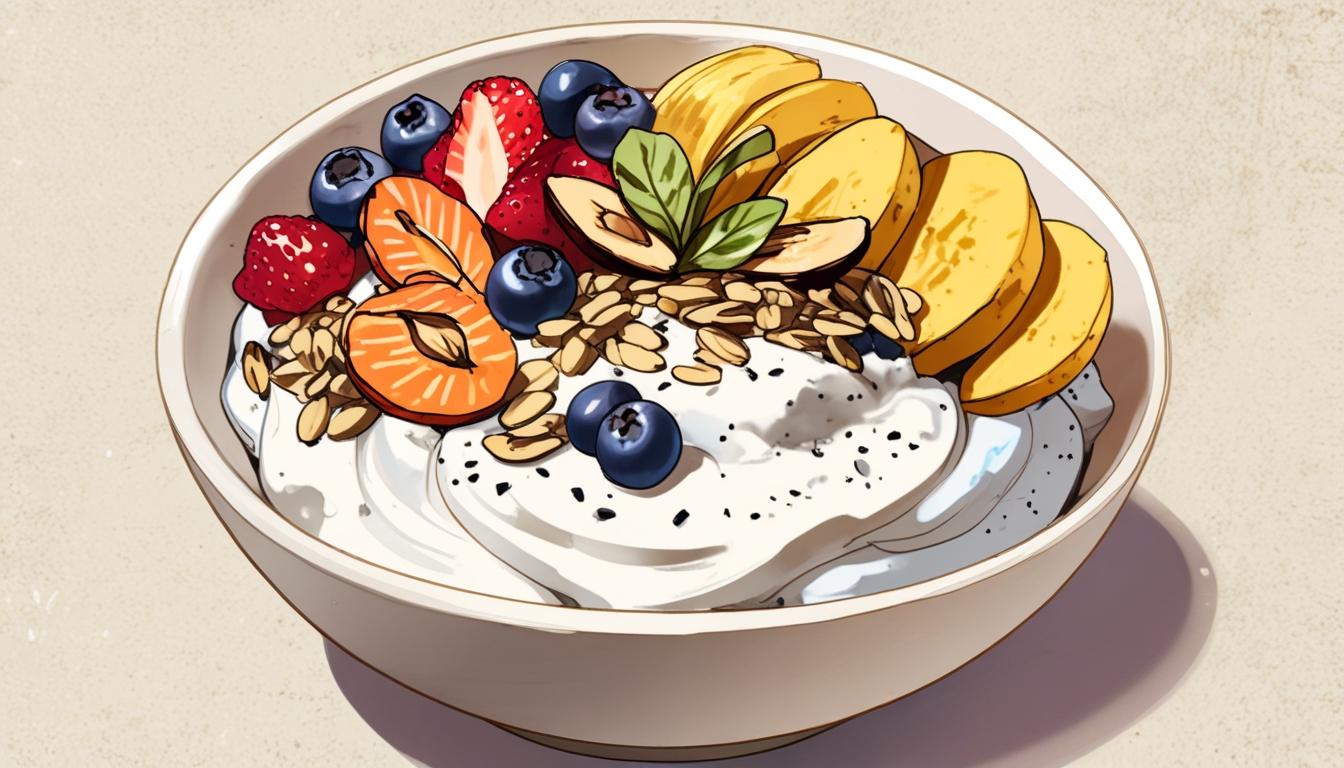A professor from Anglia Ruskin University has offered insights into a specific breakfast choice that may lower the risk of bowel cancer: yoghurt, a quick and no-cook option. This recommendation comes from Justin Stebbing, an oncology consultant and professor of biomedical sciences, who highlighted the potential protective effects of yoghurt against certain aggressive forms of colorectal cancer. Speaking on theconversation.com, he noted that this benefit may be attributed to yoghurt's role in modifying the gut microbiome, which consists of the natural bacteria residing in the gut.
In addition to its cancer-preventive properties, yoghurt provides several other health advantages. It is particularly rich in calcium, which supports bone density and may help reduce the prevalence of osteoporosis, a condition that leads to brittle bones. Furthermore, yoghurt consumption has been linked to lower blood pressure and a decreased risk of cardiovascular disease. Some studies even suggest that a regular intake of yoghurt could help prevent type 2 diabetes.
While addressing the benefits, Professor Stebbing emphasised the importance of selecting the right type of yoghurt. "It’s important to choose wisely," he advised, urging consumers to opt for plain, unflavoured yoghurt to avoid added sugars that could undermine its health benefits. He pointed out that excess sugars can contribute to weight gain, which is a known risk factor for obesity and cancer. Stebbing continued, “Different fermentation processes can result in varying levels of beneficial bacteria, so look for yoghurts with live cultures.”
He noted that plain, unsweetened Greek yoghurt is often higher in protein and lower in sugar. In contrast, full-fat yoghurt typically contains fewer processed ingredients compared to reduced-fat or non-fat versions.
The article also included a practical recipe for breakfast that features plain yoghurt and incorporates a selection of healthy ingredients. The Cakeontherun recipe serves one and consists of oats, almonds, chia seeds, pumpkin seeds, plain yoghurt, banana, and a handful of berries, either fresh or frozen. The method is straightforward, making it suitable for preparation in the morning or even in advance for an on-the-go breakfast.
The emphasis on incorporating yoghurt into one's diet is bolstered by its versatility and health benefits, making it a potentially valuable addition to daily meals.
Source: Noah Wire Services
